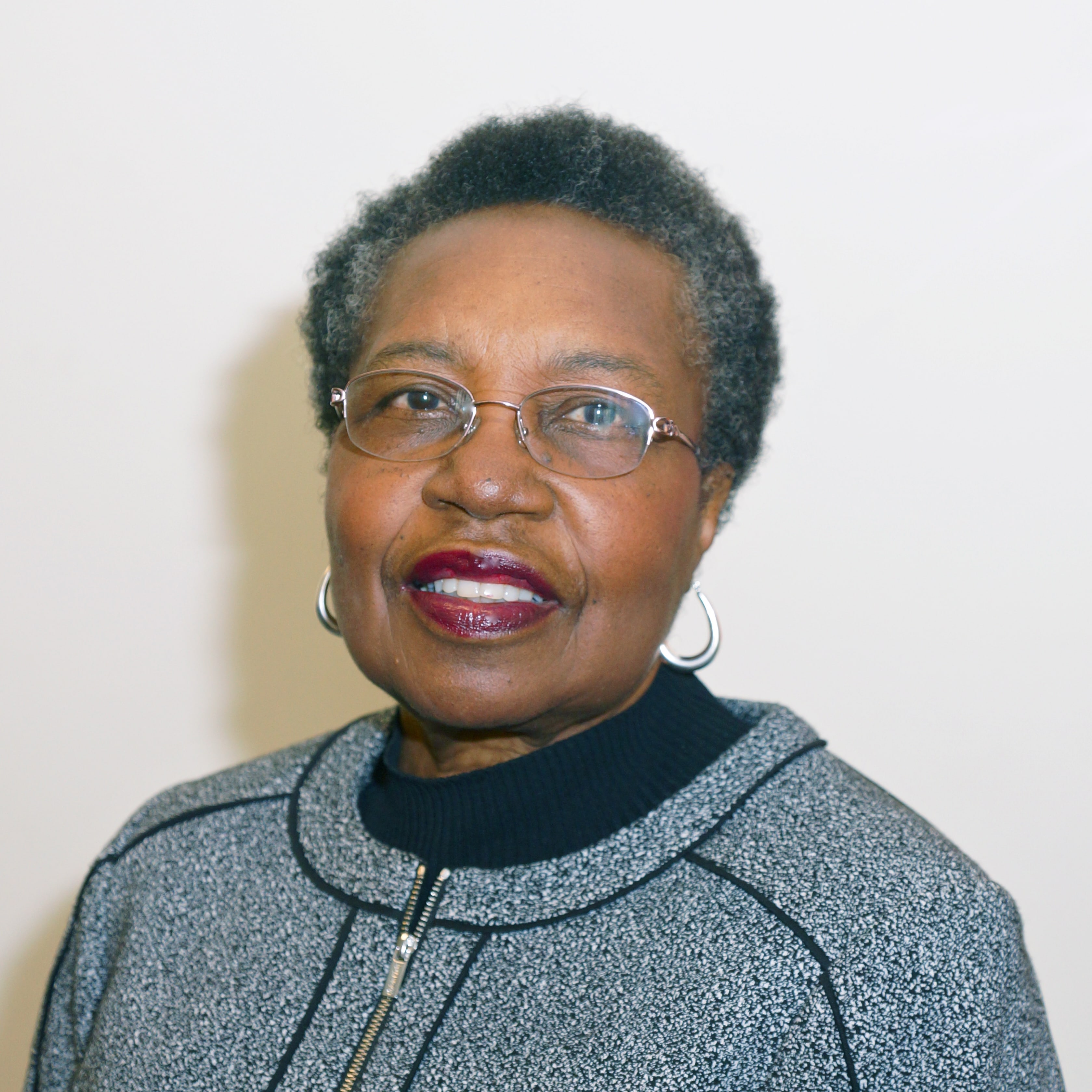See, Test & Treat Finds Health Fair Synergies
When Roberta Graham, a now retired nurse from White Plains, New York, was diagnosed with breast cancer at an early age, she adopted a fighter’s stance from the start.
“I was always going to stay one step ahead of it,” Roberta said. “I was not going to let it beat me; I was going to beat it.”

Roberta Graham, co-founder, White Plains Health Fair
Her determination extended to helping others afflicted with the disease. She started volunteering for Reach to Recovery, a program administered through the American Cancer Society (ACS) to help people in her community cope emotionally with their breast cancer diagnosis. As she met with patients and their families, she saw that low-income individuals in her community were not getting the health education they needed. She began speaking at local churches about early cancer detection. Eventually, Roberta connected with the then ACS board president to put together a health fair. The first fair was held at Calvary Baptist Church; as it grew, it moved to White Plains Hospital.
Roberta’s persistence and dedication paid off, and 40 years later, the health fair she helped to create at White Plains Hospital is still going strong, with one recent addition. On April 27 of this year, the hospital hosted its first See, Test & Treat program in conjunction with its annual health fair. For the first time, the fair offered attendees not only health education but also breast and cervical cancer screening, making it a one-stop shop. The arrangement also enhanced See, Test & Treat’s standard educational component by having more clinicians on hand to answer questions and explain diagnoses.
White Plains is not alone in its need to have more accessible women’s health information and cancer screening for its underserved populations—or in its collaborative approach to meeting this need. Several See, Test & Treat programs have begun coordinating with health fairs in locations such as NorthPoint Health & Wellness Center in Minneapolis, Minnesota; Hampton Roads Community Health Center in Portsmouth, Virginia; and Rutgers New Jersey Medical School in Newark, New Jersey.
In the case of Rutgers, the Newark Board of Education created the Women’s Wellness Summit to help support the physical, educational, and emotional well-being of the families it serves via a day full of informative talks. The school board partnered with University Hospital in Newark, the main teaching hospital affiliated with Rutgers.
Looking back at Rutgers’ well-attended 2018 See, Test & Treat program, University Hospital’s community relations department saw that the wellness summit and See, Test & Treat would complement each other. Lead Pathologist Debra Heller, MD, FCAP, and Dr. Damali Campbell-Oparaji, a gynecologist, worked with community relations to incorporate See, Test & Treat into the summit. The programs merged, and about 20 women received Pap tests and screening mammograms.
Denise, a summit attendee and See, Test & Treat patient, weighed in on the significance of this joint event. “Health is important,” she said. “In order to take care of your family, you have to take care of yourself first.”
By joining forces, See, Test & Treat is made stronger, health fairs are made stronger, and facilities are able to offer more robust services to their underserved populations. Furthermore, collaborative projects between large institutions such as Rutgers New Jersey Medical School and the Newark Board of Education help to bolster local systems, leading to long-term collaboration that has a positive, ongoing impact on the surrounding communities.
This type of impact is palpable.
“It’s something that I just can’t let go of because so many people either wrote to me, called me, or, when they saw me in the street, told me how their life had been saved because of the health fair,” Roberta said.


